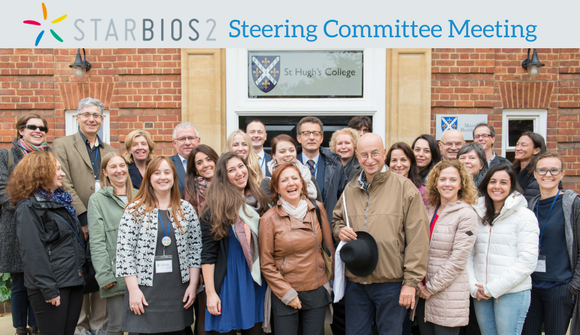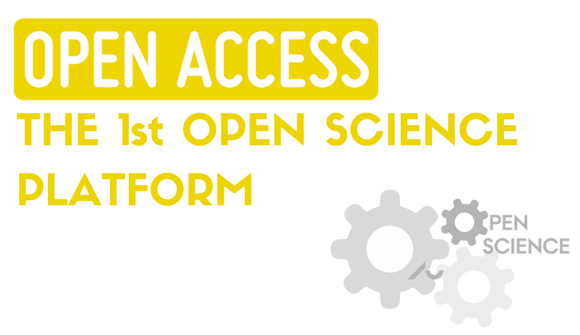On the 4th – 5th of October 2017, all the partners of the STARBIOS2 project came together for the Steering Committee Meeting at St Hugh’s College of the University of Oxford. Each of the partners presented their updates on the project and plans for the future on implementing 5 key issues of RRI (ethics, education, open access, societal engagement, gender) at their institutions. There are 12 partners involved in the STARBIOS2 project, including 6 Universities, implementing Action Plans, 3 support teams and 3 international partners. The coordinator of the STARBIOS2 project is Prof. Vittorio Colizzi from the University of Rome – Tor Vergata (UNITOV). Work Packages Each of the partners are responsible for different Work Packages within the project: WP Number WP Title Lead beneficiary Country WP1 Ethics Requirement UNITOV Italy WP2 Action Plan for RRI of the University of Tor Vergata UNITOV Itay WP3 Action Plan for RRI of the University of Oxford UOXF UK WP4 Action Plan for RRI of Primorska University UP Slovenia WP5 Action Plan for RRI of the University of Bremen and related road map Uni-HB Germany WP6 Action Plan for RRI of Agrobioinstitute Sofia ABI Bulgaria WP7 Action Plan for RRI of the Intercollegiate Faculty of Biotechnology UG & MUG, UG UG Poland WP8 Technical Assistance LSC Italy WP9 Learning Process on RRI implementation in biosciences and set-up of a RRI model UNITOV Italy WP10 Monitoring and Assessment AU Denmark WP11 Communication and Dissemination SPARKS & CO France WP12 Project Management UNITOV Italy Formal …
The 1st Open Science platform launched by Aarhus University, Denmark
An innovative free of charge tool Along with a number of leading Danish industrial companies, Aarhus University has opted out of the academic and patenting rat race in a new collaboration on basic research of relevance to industry. Researchers and companies from all over Denmark have the opportunity to publish their results and data on the innovative Open Science platform, where the information is available free of charge to everyone interested. Established with funds (DKK 2.5 million) from the Danish Industry Foundation, the platform combines basic research with industrial innovation, ensuring that industry and universities get greater benefits from each other’s research and technology. The Open Science platform breaks the barriers that make it difficult and expensive for companies to gain access to the part of basic university research that is most relevant for them. It also addresses a number of major challenges facing basic research, in particular in Denmark, where both researchers and grant providers focus increasingly on safe bets. Why creating an Open Science platform? The aim of the Open Science platform is to have university researchers and companies collaborate to create basic new knowledge that is available to everyone – and which no one may patent. However, everyone is subsequently free to use the knowledge to develop and patent their own products. The interest for such an idea of collaborating in a patent-free zone is enormous among companies that otherwise use substantial resources on protecting their intellectual property rights. The first platform focuses on smart materials and …





